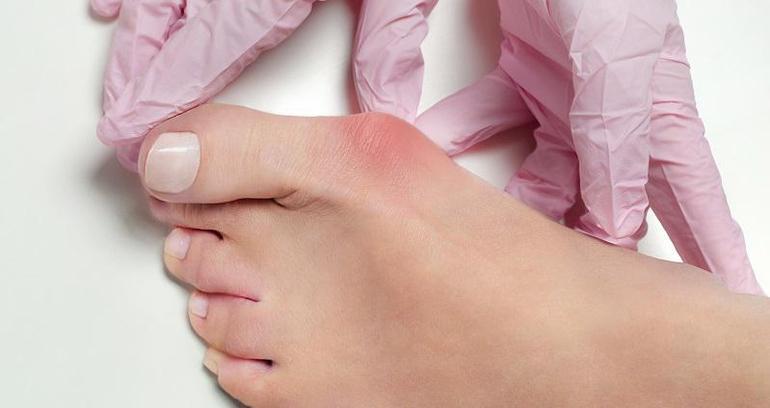Bunions can cause pain and discomfort, making it tough to walk or stand. Orthopedic surgeons play a key role in treating these conditions. They bring expertise and precision to the process. Their goal is to improve mobility and relieve pain. While bunions differ from issues like Las Vegas sciatica, both need specialized care. Understanding how these experts help can guide you to the right treatment path.
What Are Bunions?
Bunions are bony bumps that form on the joint at the base of the big toe. They occur when the bones in the front part of the foot move out of place. This makes the tip of the big toe get pulled toward the smaller toes. Over time, the bump becomes larger and more painful.
Role of Orthopedic Surgeons
Orthopedic surgeons are trained to address complex foot issues. They use a variety of techniques to treat bunions, focusing on three main areas:
- Diagnosis: Surgeons assess the severity through physical exams and imaging tests.
- Treatment: They develop a plan that may include surgical or non-surgical methods.
- Aftercare: Post-treatment care to ensure optimal healing and prevention of future problems.
Treatment Options
The treatment for bunions ranges from simple lifestyle changes to surgical intervention. Below is a comparison of common treatment approaches:
| Treatment Type | Description | Pros | Cons |
| Non-Surgical | Includes wearing wider shoes, using pads, and taking pain relievers. | Non-invasive and low-cost. | May not fully resolve the issue. |
| Surgical | Procedures like bunionectomy to realign bones and remove the bump. | Can offer permanent relief. | Requires recovery time and may involve surgical risks. |
When to Consider Surgery
Not every bunion needs surgery. It’s considered when:
- Pain limits daily activities.
- Non-surgical treatments fail to provide relief.
- There is significant misalignment or deformity.
Recovery and Aftercare
Recovery from bunion surgery involves rest and limited movement. Surgeons often recommend specific exercises to restore strength and flexibility. Follow-up visits ensure healing is on track. For more detailed information on recovery guidelines, you can visit Johns Hopkins Medicine.
Why Choose an Orthopedic Surgeon?
Orthopedic surgeons offer a combination of skills and experience. They understand the complexities of foot anatomy and provide comprehensive care. Whether opting for surgery or non-surgical methods, their expertise ensures the best possible outcome.
Conclusion
Bunions can significantly affect quality of life. Orthopedic surgeons provide valuable solutions tailored to each individual. Exploring various treatment options, helps restore comfort and mobility. If you’re dealing with bunion pain, consider consulting with a specialist to discuss your treatment options. For further reading on how orthopedic care can assist with bunions, check the resources provided by Mayo Clinic.


